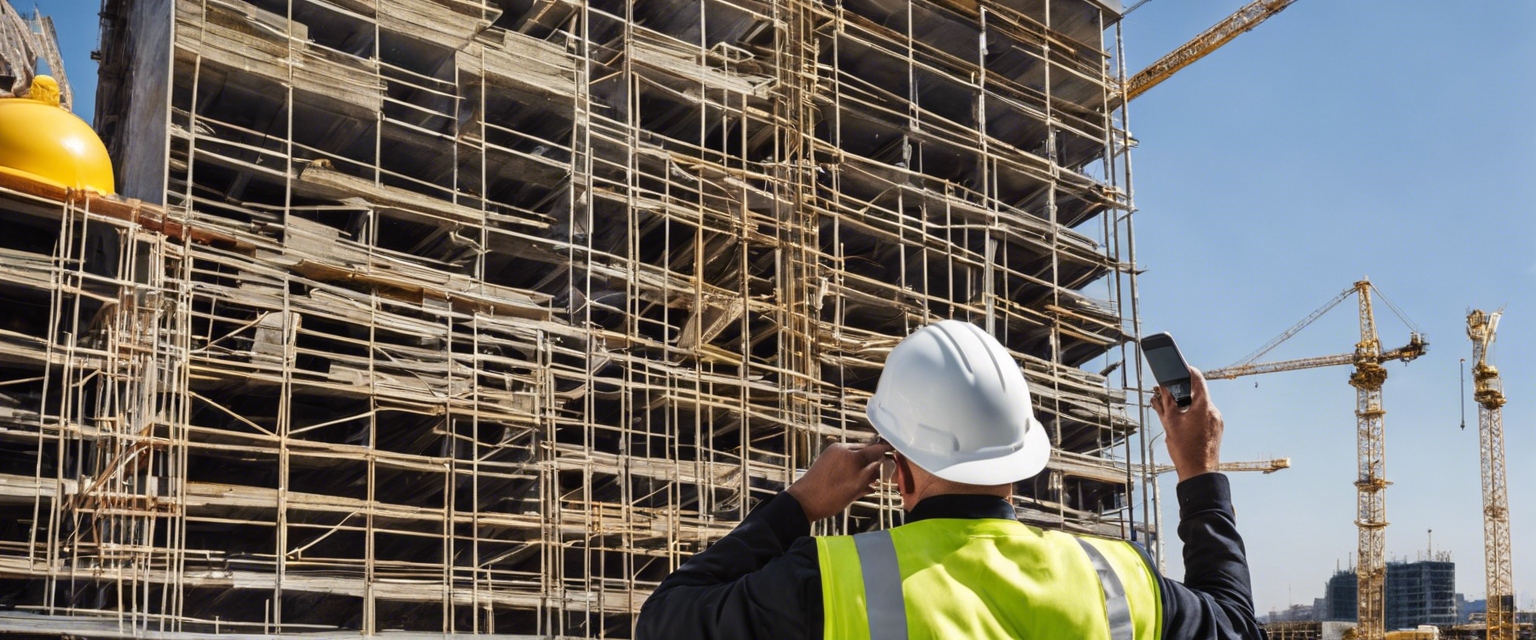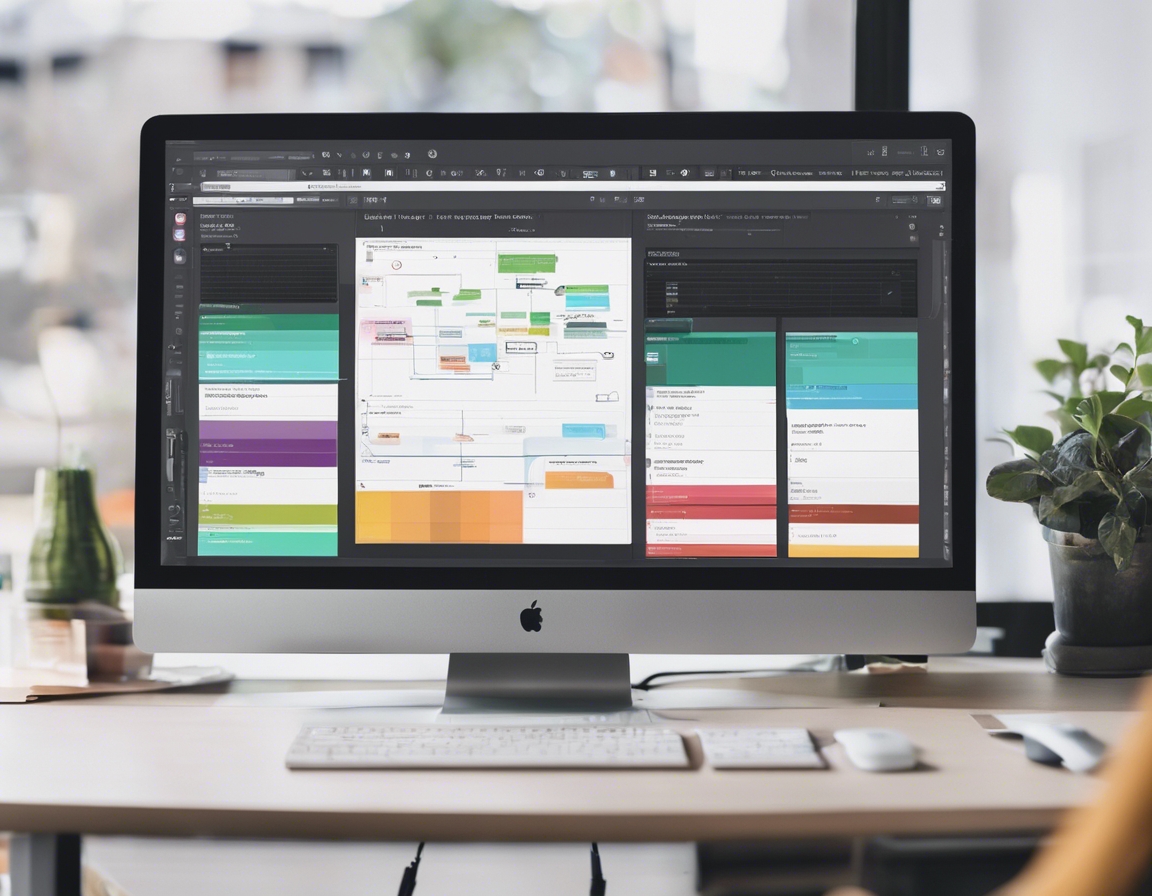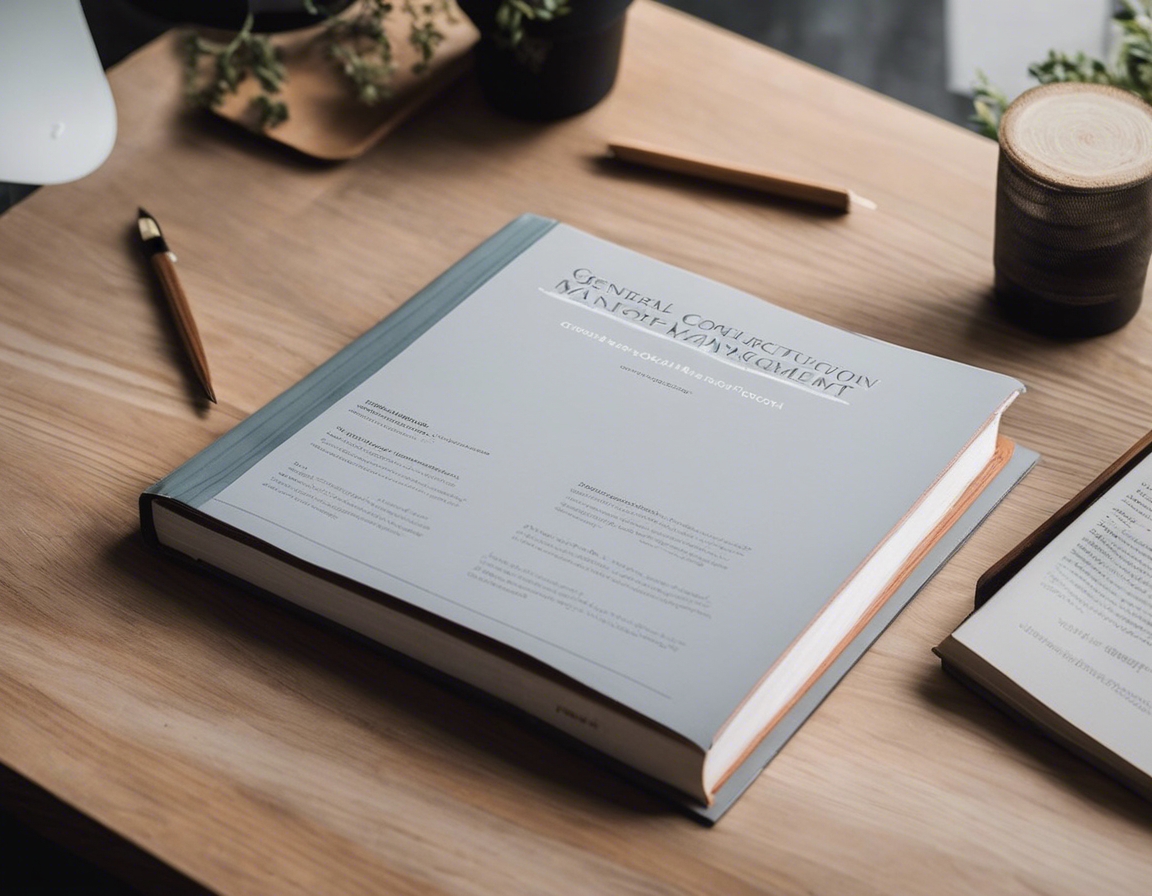How to choose the right contractor for your project
Before you begin your search for a contractor, it's crucial to have a clear understanding of your project's scope. This includes knowing what you want to achieve, the size of the project, and any specific requirements or challenges that may arise. A well-defined scope of work will serve as a blueprint for contractors to provide accurate bids and proposals.
Knowing your budget is essential in selecting the right contractor. It's important to be realistic about what you can afford and to communicate this clearly to potential contractors. Keep in mind that the lowest bid may not always equate to the best value, so consider the balance between cost and quality.
Your project timeline is another critical factor. Discuss your expected start and completion dates with potential contractors and ensure they can commit to your schedule. Delays can be costly, so it's important to choose a contractor with a proven track record of meeting deadlines.
Researching Potential Contractors
When researching contractors, look for those with experience in projects similar to yours. Their expertise will be invaluable in navigating any complexities and ensuring a high-quality finish. Review their portfolio of past projects to gauge their capability and craftsmanship.
A contractor's reputation can be a telling indicator of their reliability and quality of work. Seek out reviews and testimonials from previous clients, and don't hesitate to ask for references. A reputable contractor will be proud to showcase their satisfied customers.
Ensure that any contractor you consider is properly licensed, insured, and bonded. This protects you from liability in the event of accidents or damage during the project. Verify their credentials and ensure they are up to date.
Evaluating Bids and Proposals
Once you receive bids and proposals, take the time to analyze them in detail. Look beyond the bottom line and consider what is included in the price. Make sure all aspects of the project are covered and that there are no hidden costs.
Compare the bids you've received not just on cost, but on the value they provide. Consider the materials proposed, the labor involved, and the contractor's ability to execute your vision effectively.
Quality materials are essential for the longevity and success of your project. Discuss the materials each contractor plans to use and research their durability and performance. A good contractor will be able to provide options that fit your budget without compromising on quality.
Conducting Interviews and Meetings
When meeting with potential contractors, prepare a list of questions that cover all aspects of the project. Inquire about their process, the team who will be working on your project, and how they handle unexpected issues.
Effective communication and project management are key to a successful project. During your interviews, assess the contractor's communication style and how they plan to manage the project. Look for a contractor who is responsive and transparent.
Reviewing Contracts and Agreements
Before signing any contract, read it thoroughly and make sure you understand all the terms and conditions. Pay special attention to clauses related to payment schedules, change orders, and dispute resolution.
Don't be afraid to negotiate terms with the contractor. This includes the scope of work, payment terms, and any other aspects of the project that are important to you. A good contractor will be willing to work with you to reach a fair agreement.






Comments (0)